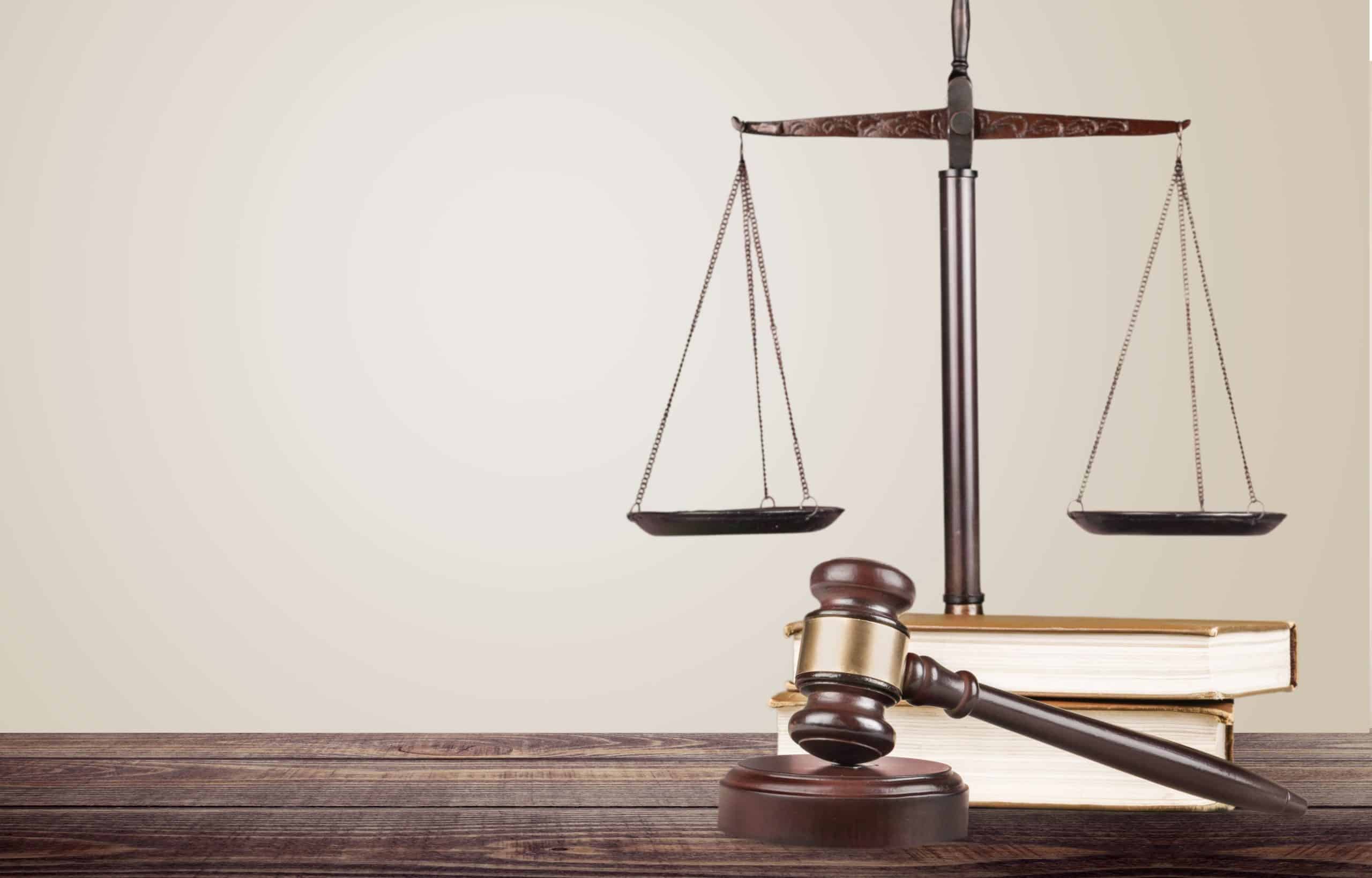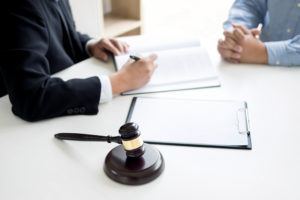
In Richardson, getting arrested for driving while intoxicated means facing DWI charges but, in addition to your criminal case, you will also face a civil proceeding that determines what happens to your driver’s license. The driver’s license suspension hearing offers you the chance to make a case for why you should get to keep your license, but it also offers important insights into the prosecution’s criminal case. Having a DMV hearing lawyer on your side will help you make the most of this opportunity.
The Law Offices of Randall B. Isenberg offers a free consultation to discuss your upcoming DMV hearing so that you can make the best choice for your future. Contact us today at 214-696-9253 to get started.
What You Need to Know About a Texas DMV Hearing
Getting arrested for drunk driving in Richardson typically leads to the filing of criminal DWI charges by the prosecutor. But, even if the prosecutor does not press charges (or if the court dismisses the charges or exonerates you), you will still face the Texas Department of Motor Vehicles (DMV) hearing and the possibility of losing your license, for up to two years in some cases.
The Texas Department of Transportation (DPS) handles the DMV hearing, technically called an Administrative License Revocation (ALR) hearing. This administrative proceeding goes forward even if your criminal case does not.
When you obtain a Texas driver’s license, you agree with DPS that you will not drive a vehicle while statutorily intoxicated or refuse to submit to chemical testing for BAC upon the request of an officer.
For most drivers, the statutory definition of intoxication is having a blood alcohol concentration of 0.08 or above, unless you:
- Are below the age of 21 (zero tolerance for BAC)
- Hold a commercial driver’s license (CDL) (BAC of 0.04 in most cases)
It is important to note that the police can arrest you for DWI without a chemical BAC test if an officer believes you lack the physical or mental capacity to drive safely.
Understanding the DMV Hearing Process in Texas
During a traffic stop, the police use selected measures to establish probable cause for intoxication, including administering field sobriety tests or asking you to blow into a portable roadside breath testing device.
If the officer concludes that you meet or exceed the statutory definition for intoxication, he or she will place you under arrest and issue you a temporary driving permit.
This temporary permit provides the information you need to request a DMV hearing. If you neglect to formally request a hearing within 15 days of your arrest, you give up your right to contest the license suspension, and DPS will revoke your license.
The term of your suspension will depend on any prior offenses and whether any aggravating circumstances apply. Potential aggravating circumstances include:
- Having a BAC of 0.15 or above
- Having an open container of alcohol in the car
- Having a minor passenger (age 14 or below)
- Causing an accident with injuries or property damage
In most cases, driver’s license suspensions range from six months to two years.
The ALR hearing takes place at a location near you, as specified by the Texas State Office of Administrative Hearings (SOAH). An administrative law judge oversees the proceedings, hearing sworn testimony from both sides and ruling on the disposition of your license.
The Importance of Having a DMV Hearing Lawyer
Although your criminal case has no bearing on the DMV hearing, the prosecutor can use any testimony you provide during the ALR hearing against you in your criminal case.
A DMV hearing lawyer from the Law Offices of Randall B. Isenberg will protect your legal rights prepare you for the DMV hearing to ensure you do not make any potentially self-incriminating statements in your testimony. We will also ensure that DPS receives your request for a DMV hearing, so that you do not run the risk of losing your right to argue against the suspension.
We will make the most persuasive possible argument against license suspension. However, if the judge does rule for suspension, we can appeal that decision or request an occupational license. Having an ALR suspended license lawyer can potentially improve the outcome of your criminal case.
How the DMV Hearing Affects Your Criminal DWI Case
At your DMV hearing, the arresting officer (and any other party with relevant information to contribute) will give sworn testimony regarding the circumstances of your traffic stop, arrest, and chemical BAC testing. The judge will use this information to determine the merits of your case before deciding whether to suspend your driver’s license.
At this hearing, our legal team has the first opportunity to evaluate the strength of the prosecutor’s case. If the prosecution’s evidence appears strong, we can use this information to help us bolster the strength of your defense.
However, if the prosecutor has a weak case, we can also use this information as leverage to negotiate for a reduced charge or dismissal of your case. If the prosecutor will not settle and we proceed to court, this insight will provide valuable guidance for building a case to impart reasonable doubt to the judge and jury.

Free Case Review with a DMV Hearing Lawyer in Richardson, Texas
Having a knowledgeable attorney to represent you at the DMV hearing offers many significant benefits. Choosing the right legal team will not only help you achieve the best possible outcome for your license suspension, but it will also help you attain the best possible results in your criminal DWI case.
The team at the Law Offices of Randall B. Isenberg understands the importance of the DMV hearing to both sides of your case. We will work tirelessly in your defense, fighting for your future. Contact us today at 214-696-9253 to schedule a free consultation with a DMV hearing lawyer in Richardson, Texas.










